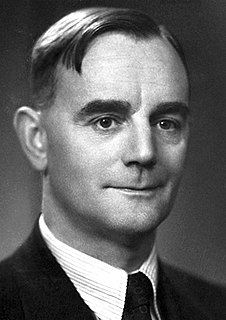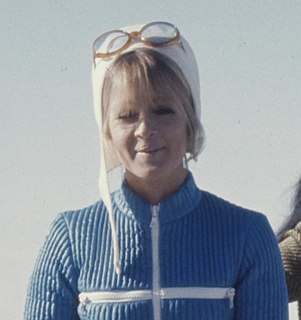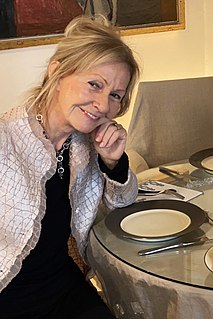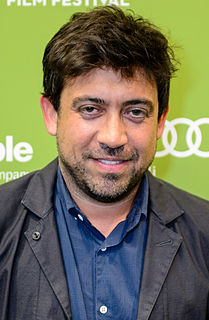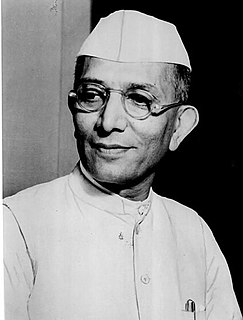A Quote by Freeman Dyson
The science window gives you a view of the world, and the religion window gives you a totally different view. You can't look at both of them at the same time, but they're both true.
Related Quotes
I think reading intelligent expressions of different points of view is a good thing, and there is a way in which being in academia in a classroom at the University probably gives you, can give you an academic view of things, and reading actual real time debates about what should we do in Syria or the Buffett rule, budget issues...gives you a kind of sense that's hard to get in a classroom.
Science and religion are two windows that people look through, trying to understand the big universe outside, trying to understand why we are here. The two windows give different views, but they look out at the same universe. Both views are one-sided, neither is complete. Both leave out essential features of the real world. And both are worthy of respect.
The window opened in the same direction as the king's, and there, summer-bright and framed by the darkness of the stairwell, was the same view. Costis passed it, and then went back up the stairs to look again. There were only the roofs of the lower part of the palace and the town and the city walls. Beyond those were the hills on the far side of the Tustis Valley and the faded blue sky above them. It wasn't what the king saw that was important, it was what he couldn't see when he sat at the window with his face turned toward Eddis.
But every point of view is a point of blindness: it incapacitates us for every other point of view. From a certain point of view, the room in which I write has no door. I turn around. Now I see the door, but the room has no window. I look up. From this point of view, the room has no floor. I look down; it has no ceiling. By avoiding particular points of view we are able to have an intuition of the whole. The ideal for a Christian is to become holy, a word which derives from “whole.
I also like to look at the dynamic that takes place between religion and science because, in a way, both are asking the same questions: Who are we? Where do we come from? Why are we here? Where are we going? The methodologies are diametrically opposed, but their motivation is the same; the wellspring is the same in both cases.


